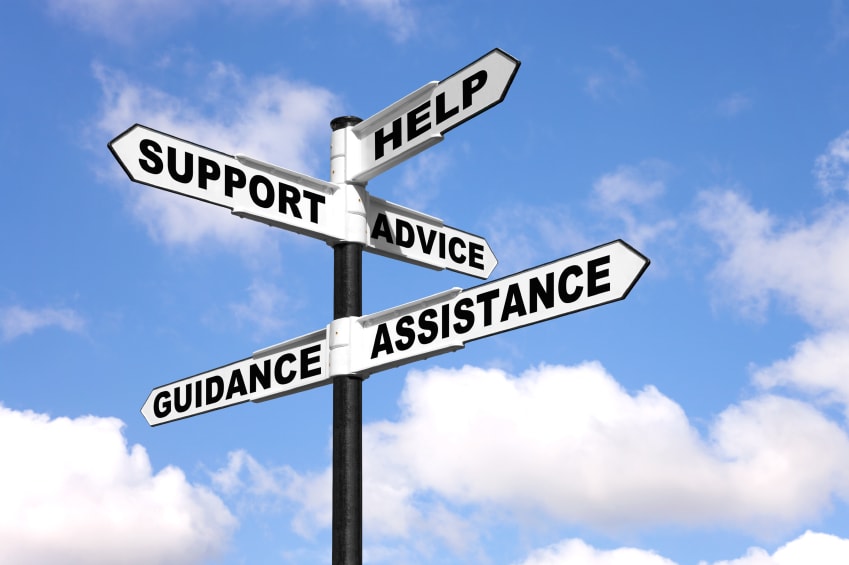 “A gentle answer turns away wrath, but a harsh word stirs up anger.”
“A gentle answer turns away wrath, but a harsh word stirs up anger.”
Proverbs 15:1
Did you ever try to give your child advice?
“Why don’t you go to sleep early tonight, you look so tired..”
“You should do your homework right when you get home…”
“Don’t play with Eli if he bossing you around…”
At best you will get the proverbial eye roll with a shrug of shoulders that signals irritation. That is because it is tough for kids to accept advice from adults even if the advice is given just to help them or even to cheer them up.
Most experts agree that children do not respond well to advice even if it’s given with the best of intentions. This is because it interferes with a child’s need for autonomy. When given advice, children feel as if their parents are talking down to them. Faber and Mazlish in their book, “How To Talk So Kids Will Listen” say, “When you give… advice to children, they either feel stupid (“Why didn’t I think of that myself?”), resentful (“Don’t tell me how to run my life!”), or irritated (“What makes you think I didn’t think of that already?”).
This is difficult for parents. We have a need to share our values and opinions with our children and we hate to see our children sad, disappointed and frustrated. We have life experience and we can use it to truly help our kids with their struggles. Not only that, it is painful to watch our children struggle with the variety of problems they may have: fatigue, a friend that is bossy, or homework. What better way to cheer and help them by giving them some advice?
There is a phrase that we can use to preface our advice, which can help kids hear us.
“Even though you know”
This phrase work because it allows us to give advice without interfering with a child’s need for autonomy and denying their negative emotions. That means that kids can actually listen to our advice without feeling bad about themselves and their feelings. We can add a statement that also lets them know that we have confidence in them that they can make good decisions.
Here is how it works:
“Even though you know that going to sleep bed early would be a good idea, you need to make your own decisions.”
“Even though you know the best time to do your homework is when you come home, you would like to decide when to do it.”
“Even though you know that Eli is bossy, you would like to make your own decisions about whether or not you have had enough playing with him.”
Kids do want to our good advice, but we need to be careful to talk to them in a way that they can hear us. Using non-confrontational and neutral phrases like, “Even though you know…” can help us do just that.
Adina Soclof, MS. CCC-SLP, works as a Parent Educator for Bellefaire Jewish Children’s Bureau facilitating How to Talk so Kids will Listen and Listen so Kids will Talk workshops as well as workshops based on Siblings Without Rivalry. Adina also runs parentingsimply.com.
The words of this author reflect his/her own opinions and do not necessarily represent the official position of the Orthodox Union.
